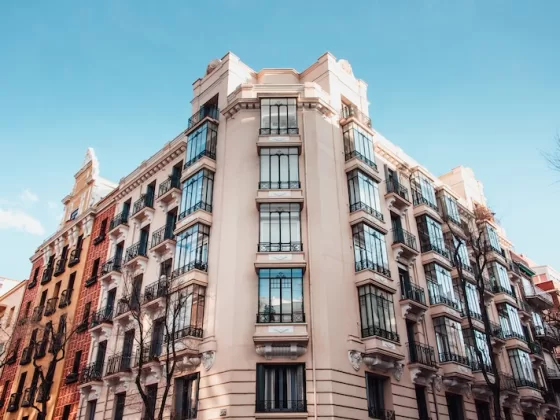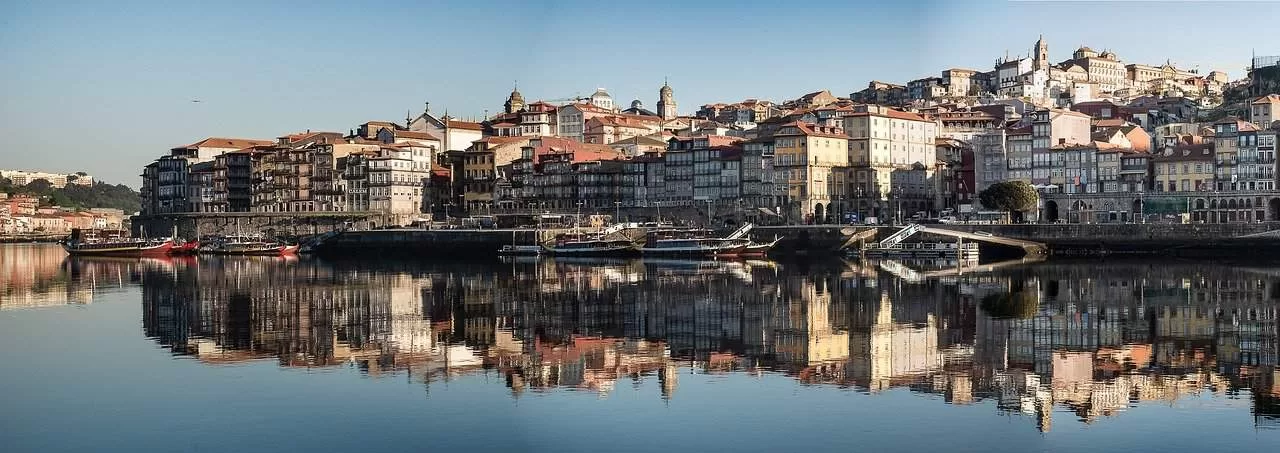Some years ago, an American friend with a lovely apartment in the fast-gentrifying Istanbul district of Tophane started renting his place on Airbnb. Thanks in part to its stunning Bosporus views, he soon became a Superhost and reveled in his good fortune, generating enough income to pay rent and more.
Then he heard whispers of coming restrictions on short-term rentals. Sure enough, in January Turkey began requiring all short-term hosts to gain the consent of fellow tenants in order to obtain a permit. Turkish citizens face major fines for failing to comply, while foreigner hosts risk harsher punishments. Today my friend only rents to guests outside the Airbnb platform, and has to work much harder to make much less.
Too Many Airbnbs
His problem is a common one these days. The exponential increase in Airbnbs around the world in the past decade has led to trouble in hotspots like Istanbul, Venice, Athens, New York, Barcelona, Berlin, and Dubrovnik. Many of these places have begun cracking down, under pressure from residents who are fed up with rising housing costs and the hollowing out of beloved neighborhoods.
The problem manifests itself in different ways. In Barcelona, over-tourism has long been a source of rancor, particularly in the Medieval Barri Gotic. One local tour guide stopped leading tours after angry locals threw eggs at her tour group.
In June, the city’s mayor, Jaume Collboni, vowed to ban short-term rentals by 2028, pointing to the 70 percent spike in housing costs over the past 10 years. Collboni argues that Barcelona’s frothy housing market needs those 10,000 short-term rental apartments to keep prices down.
Berlin and Beyond
Berlin effectively banned Airbnb in 2014, before loosening the restrictions a few years later. But thanks to a sharp rise in housing costs, a Berlin court ruling in February could force some 10,000 short-term rental hosts to return their apartments to the housing market, much like in Barcelona.
With Athens struggling under a wave of foreign investors building apartment complexes meant mainly for short-term rentals, Greece recently imposed limits and taxes on short stays. Similarly, as Bangkok and islands like Phuket have become prime digital nomad destinations, Thailand has banned short-term stays of under a month. The list of troubled places is almost endless.
In Istanbul, the number of Airbnbs increased more than 70 percent in recent years, approaching 38,000. Boosted by years of inflation, rents spiked, leaving tenants squabbling with landlords who flout the annual cap of 25 percent on rent increases. Short-term stays ultimately helped spur a national rental crisis in Turkey, which explains the restrictions that led to a steep decline in Airbnb listings this year.

The Power and Peril of Airbnb
Airbnb’s popularity is a dual-edged sword. It’s a boon for travelers and some residents of tourist hotspots, but it also has the potential to erode some of the elements that made these cities appealing to visitors in the first place. Some locals see it as increasing rents and changing their neighborhoods for the worse, while others enjoy a boost to their income and rely on the convenience of Airbnb convenience when traveling.
A spike in Airbnbs in any area tends to spur a departure of locals, as people choose to become hosts or can no longer afford to live there. The result is fewer traditional cafes, pubs, and restaurants, and fewer local butchers, bakeries, barbers and the like. The district ends up losing the energy and street life that initially made the place vibrant, as legendary New York City urbanist Jane Jacobs might have put it.
Tourists are left wandering through a lovely but empty husk of a neighborhood, perhaps wondering what all the fuss is about. Still, in most places, Airbnbs are cheaper than mid-level hotels, which means short-term rentals are here to stay. This is why the ongoing wave of regulations, while reducing lodging options and hurting some locals, is likely the best way to preserve great destinations like Istanbul’s Tophane district.
As for my friend, his rent is set to increase substantially. He’s considering getting out of the short-term rental business altogether, and finding another stream of reliable income. A loss for him, but probably a win for his neighborhood.
Paul Osterlund










